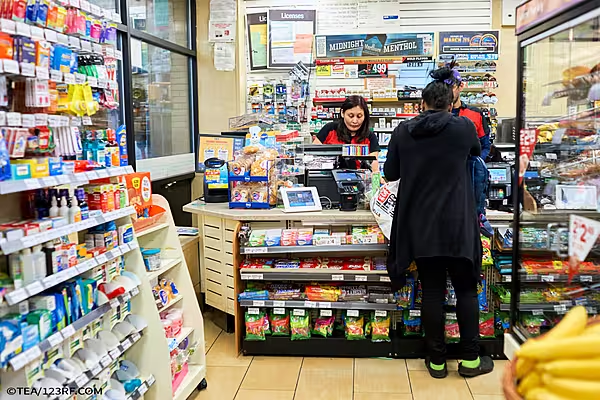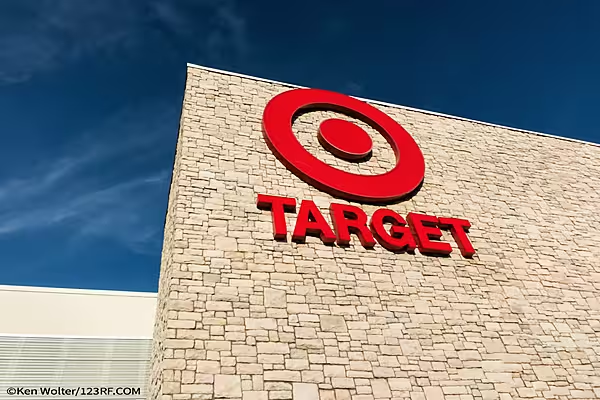It's perhaps a sign of how much Fever-Tree, maker of premium tonic water, has engendered itself into the UK consumer psyche, that it was recently announced as sponsor of the Queen's Club tennis championships this coming June, the annual precursor to Wimbledon.
The London-based brand follows in the footsteps of another drinks brand, Stella Artois, which sponsored the competition between 1979 and 2008, and which formerly traded off the motto 'reassuringly expensive'.
At Fever-Tree, there's no need to adopt such a slogan - in just a few short years, it has become one of the UK's most loved beverage firms, with the sales to boot.
According to Fever-Tree's most recent preliminary results, published earlier this month, the business posted a revenue increase of 66% to £170.2 million last year (2016: £102.2m), while its gross profit margin was a healthy 53.5%.
Net cash at year end almost doubled, to £50.9 million, up from £26.9 million, as the group ended the year as the number one mixer brand by value in the UK off-trade channel.
Business Investment
Notably, however, CEO Tim Warrillow and his team are taking nothing for granted, appointing a new innovation director last year and establishing a presence in the US, with the establishment of a wholly-owned North American operation, led by former Belvedere Vodka CEO Charles Gibb.
Warrilow, who set up the Fever-Tree operation alongside business partner Charles Rolls in 2005, to challenge the dominance of Schweppes with a premium mixer offering (the quinine used in its tonic water is sourced from the Congo), said that he believes that there is a "significant opportunity" ahead for the business, "as Fever-Tree continues to drive the evolution of the mixer category.
"We have had an encouraging start to the year. Our first mover advantage, pioneering approach, brand strength, penetration and relationships means we are ideally positioned to be able to take advantage of the opportunities ahead.”
Establishing a greater presence overseas should also enable the business to leverage itself better in the event of Brexit hampering domestic growth; currently, the UK represents more than half (52%) of the company's business.
In the US, the move towards premiumisation in the spirits category is likely to present an unmissable opportunity for Fever-Tree to gain market share rapidly; sales in the region were up 39% last year.
Elsewhere, its Continental Europe division was up 37% on a constant currency basis, while growth of 57% was achieved in the Rest of World division, with Australia and Canada currently the key markets for the product.
'Globally, premium spirits growth has consistently outpaced non-premium over the last 10 years and this trend is accelerating, providing mutual support and opportunity for both premium spirits producers and Fever-Tree’s range of products across regions, channels and customers,' the company said in a statement.
'We believe that as the premium spirits market further develops both in the Group’s core markets as well as new territories, demand for premium mixers will continue to grow and as such we remain ideally positioned to able to take advantage of these opportunities.'
Analyst Viewpoint
Commenting on its performance, Phil Carrol, an analyst with Shore Capital Stokbrokers said that Fever-Tree is well-positioned in the UK market, given that it has little competition other than established brands such as Schweppes.
"Schweppes tonic remains firmly entrenched in the consumer mind-set as a mainstream brand, in our view, despite its significant marketing campaign last year," he wrote in a briefing note.
"Fever-Tree is now also the leading tonic brand in the UK having overtaken Schweppes as the end of calendar 2017. It has value share of 39% compared to 31% for Schweppes, and it drove 91% of the value growth in the entire mixer category in the UK off-trade channel."
The brand is also unlikely to feel much impact from the introduction of a Sugar Tax in the UK in April, with the company "rolling out naturally light versions of most if not all its products given the consumer ongoing shift towards lower sugar products," said Carroll.
As for the group's US aspirations? Fever-Tree is currently around four times the size of Q Tonic, a US brand that also positions itself in the premium tonic segment, Carroll noted, adding that it has been able to extend its presence in retailers such as Walmart and Walgreens.
"Looking forward, we see the US market being the material growth driver for the business which statistically looks a very significant opportunity," Carroll said. "However, the group will have to overcome some market challenges to unlock its true potential but it does have the capability to do so."
Regardless of who achieves tennis glory on the lawns of London's Queen's Club this summer, Fever-Tree will likely be celebrating another momentous year.
© 2018 European Supermarket Magazine – your source for the latest retail news. Article by Stephen Wynne-Jones. Click subscribe to sign up to ESM: The European Supermarket Magazine.














